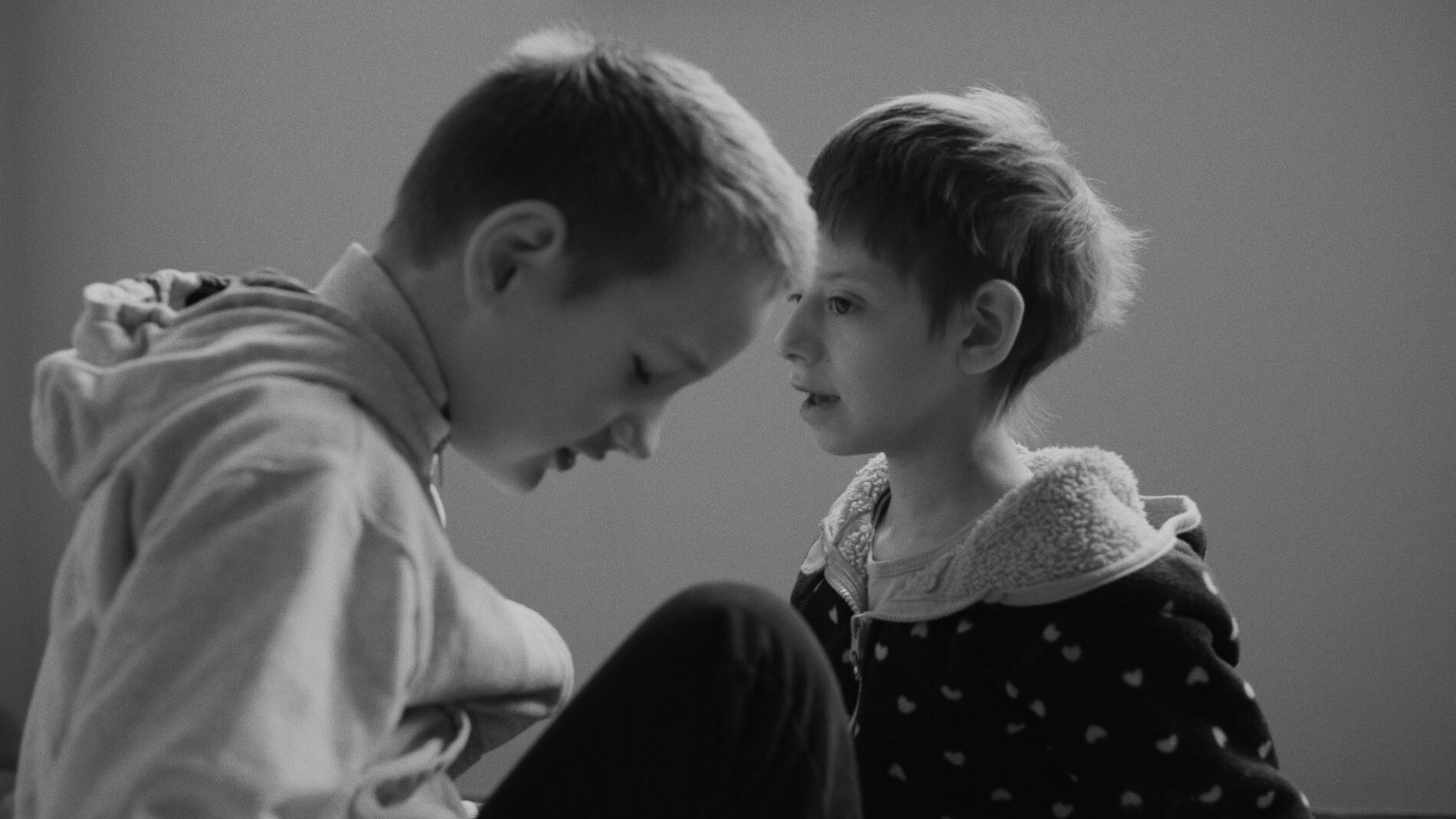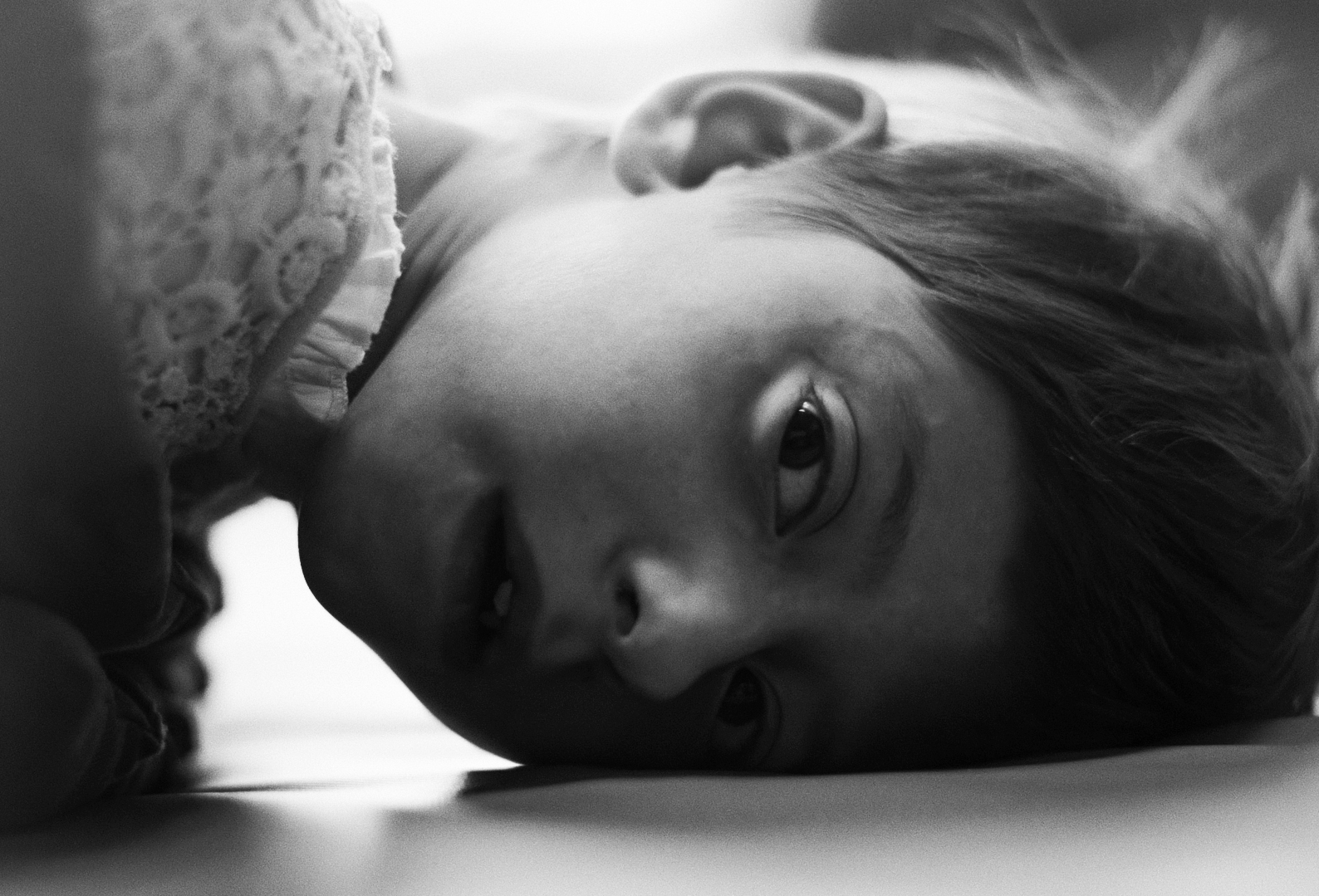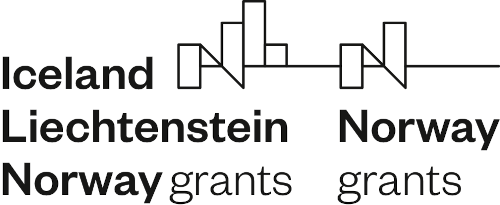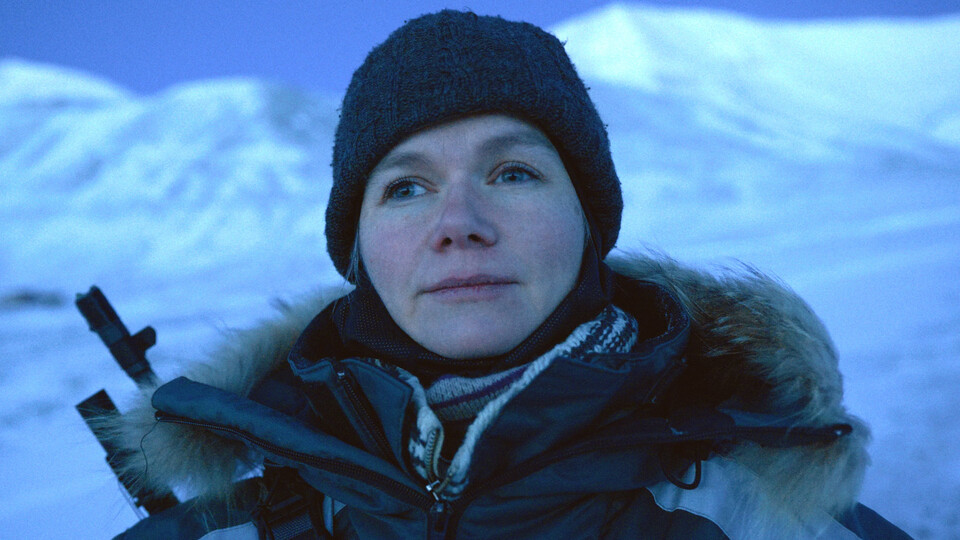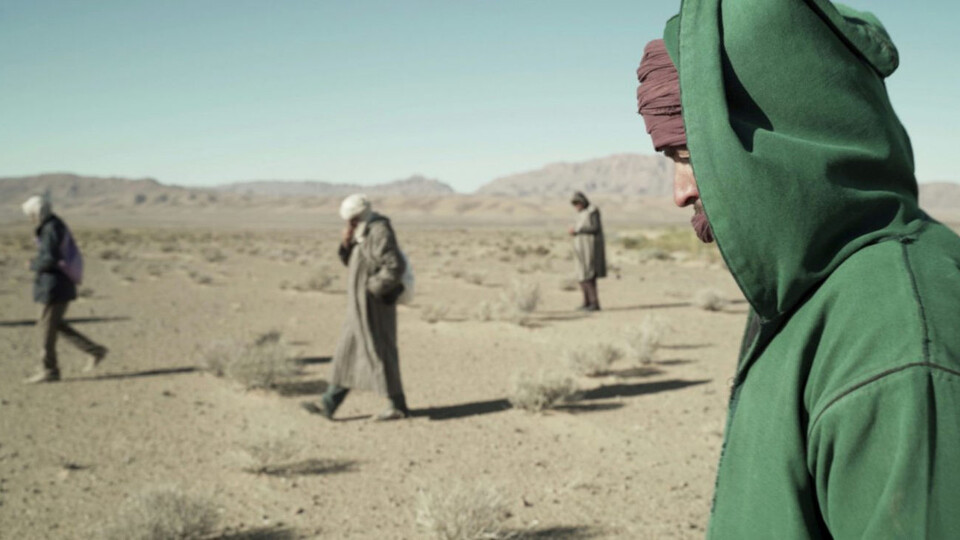Growing up too fast
Three children learn to cope with their first year at the boarding school for visually impaired and blind children. The new film Pisklaki by Lidia Duda was screened at Locarno film festival.
Lidia Duda’s documentary Pisklaki is about three disabled children – talkative Zosia, quiet Kinga, and sensitive Oskar. They start their first year at the boarding school for visually impaired and blind children. The film had its international premiere at the 75th edition of the Locarno Film Festival. After the screening, a discussion took place. There, Duda revealed that she decided to make this documentary because it was a completely unknown world to her.
Duda decided to make her film in black and white. As if to deprive us of the colours just as these children are deprived of sight. The only faces we ever see are those of the three children. We aren’t shown the faces of their teachers or their schoolmates. We only hear their voices, just like Zosia, Oskar, and Kinga. In Pisklaki, Duda takes us to explore this unknown world of children forced to grow up sooner than most of their peers.
Learning to be independent
The film opens with a lake where Zosia is standing with her mother. When left alone, Zosia is frightened, having nothing to touch or no one to hear. However, it doesn’t take long before Zosia’s mother comes to her rescue. Then, the screen goes black, and we hear Zosia asking: «What am I going to do when you’re gone?»
That’s where the school comes in. Those children, deprived of one of the most important senses we all rely on, must learn how to read, write, and count as any other first grader. But what’s more, they must learn how to do all the ordinary things like brushing their teeth, taking a shower, eating, or getting from point A to point B on their own. They have to learn this all while being separated from their parents too young. To overcome all the obstacles, they must try to support each other. Over the year, they formed strong bonds. Friendships were created, and love blossomed.
We come face to face with children’s compassion, sense of humour, force of character, artistic expression, as well as fears and insecurities. We see how hard it is to fall asleep when you are all alone without the opportunity to turn on the nightstand lamp to chase away nightmares. When suddenly, you have no idea where you are and how to get yourself back to your familiar surroundings. To depend on others to help you when you are lost and can’t find your way back, and at the same time knowing you will have to learn how to be completely independent in the future. And isn’t that scary thought?
The Three Musketeers
Every child is different. Those three aren’t any exception. Zosia is very active and always on the move. Her imagination is so wild you would never guess that all those things she imagines she never got the chance to see with her own eyes. That doesn’t mean she is without a sight altogether, though. The difference is that she sees with her hands instead of her eyes. One could say she is the star of the film with her greater-than-life personality.
„The only faces we ever see are those of the three children.“
In contrast to Zosia, Kinga is quieter and more independent. She is the only one of these three kids with at least a partial sight. Nevertheless, she took it upon herself to help her two classmates. We see her help Zosia and Oskar when they lost the concept of the space around them. She helps Zosia finish her homework when Zosia feels like she can do it on her own. Kinga, it appears, plays the role of their older sister, always ready to offer her assistance.
Last but not least is Oskar. He took a shine to Zosia almost immediately. They become best friends and each other’s first love. Those two are practically inseparable. They haven’t stopped communicating during the summer. They called and visited each other. Oskar is a very sensitive boy. While in school, he finds his talent for playing the piano, and a love for music is born. Watching Oskar play the piano is like seeing a completely different boy. Gone are those jerky movements. He is still and absorbed in his music, in his own world.
Not that different after all
Duda takes us on a journey through their world. By observing them during school hours, after-school activities or daily routines, she brings us closer to understanding what it feels like to be unable to rely on all senses. What it is like to be forced to grow up to fast. They are forced to live in the dormitory and not see their parents daily. When most children of their age are safe in their parents’ embrace, however, Duda’s most important message in the film is to show us that those kids are the same as any other child, their disabilities notwithstanding.
---
This article is a result of the project Media and documentary 2.0, supported by EEA and Norway Grants 2014–2021.

